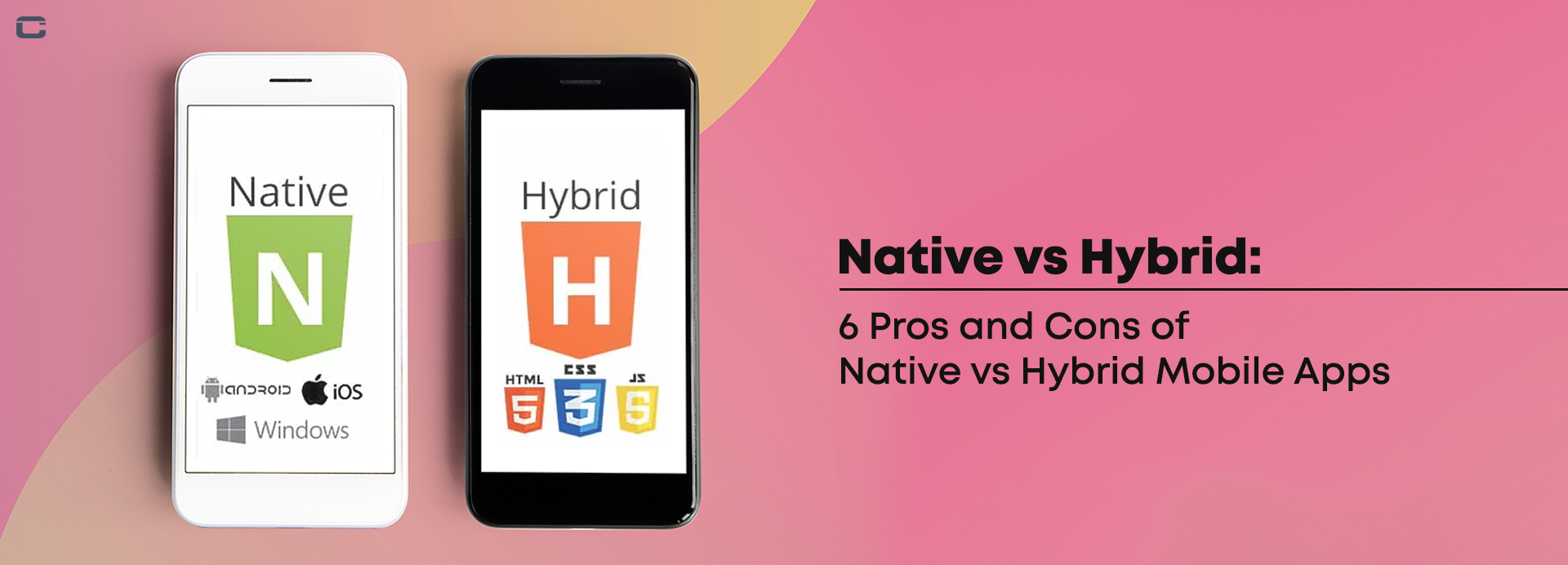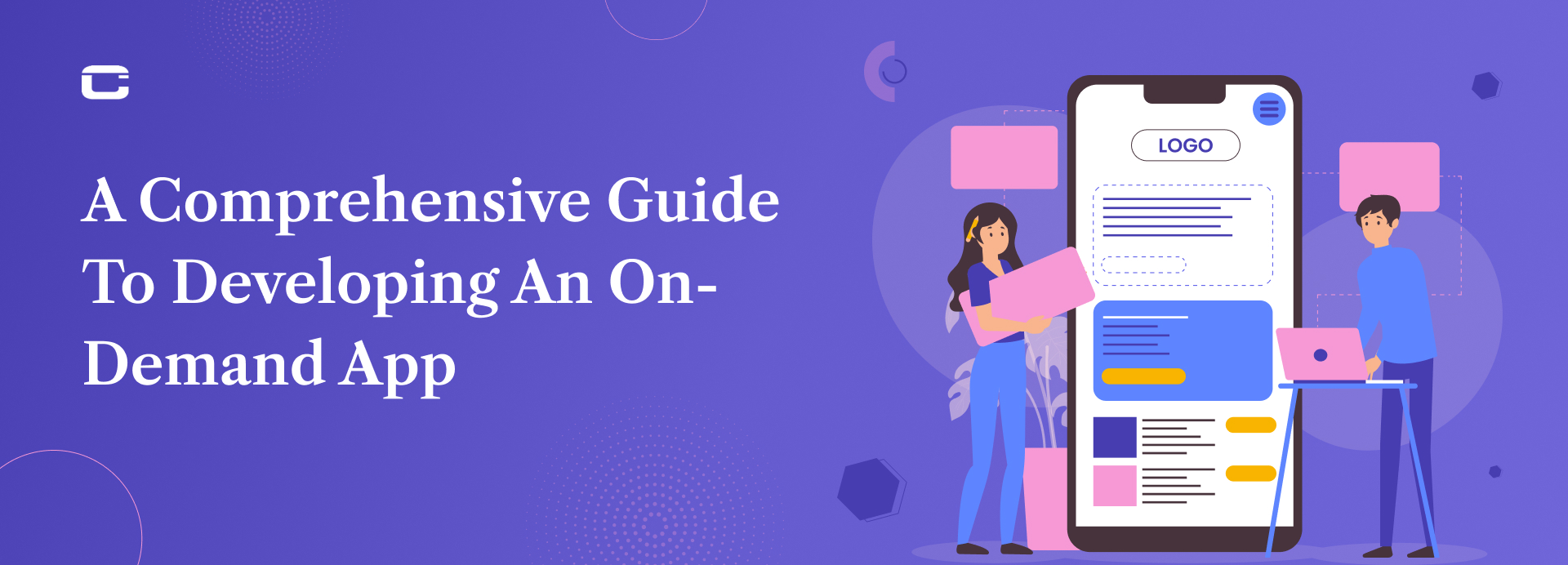Over the decades, there has been an insane growth in technology. Mobile phones have become imperative in human life. Initially, the core function of a mobile phone is for telecommunication, but we cannot deny the fact that various mobile applications have made our day-to-day life easier. Earlier, a single phone was shared among two-three family members and now with the introduction to smartphones, each member has their own smart device. With the invention of mobile apps, smartphones gave a fresh face to the service sector. These mobile applications were first designed to make our lives a little convenient. Whereas now they have several other benefits, to businesses.
The below checklist has are witness of how mobile apps are beneficial for especially for business:
- Increased brand reputation
- Generating more revenue
- The process of buying products or services becomes easier
- High traffic and higher conversion rate
- Better communication
- Easier payments
- Better UX
Now when we talk about apps, there are certain categories they are divided into. Anytime you decide of investing in a mobile app, you are bombarded with terminologies. Native or Hybrid? Before investing in mobile app development you must-have check that what app platform is important for your business and what type of app would be more appropriate for your business.
If you are searching for answers to these questions, this article is for you. The conflict between Native apps and Hybrid apps is ongoing with no clear conclusion. Both platforms have their own benefits and drawbacks.
What are Native apps and Hybrid apps
What are Native Apps?
A native application is a software app that is built in a specifically selected programming language, for a specifically selected platform that could be either iOS or Android.
Native Android applications are written in Java or Kotlin. Meanwhile, native iOS applications are written in Objective-C or Swift.
Native applications are apps that are written in those languages that the platform they are built for accepts. They are built using the exact Integrated Development Environment (IDE) for the respective operating system. Since native apps are built for a specific operating system, they can leverage the explicit features that the operating system has to offer. Native apps are capable of using device-specific software, hardware, and any latest technology on mobile phones such as fingerprint, GPS, etc. These are the most common types of mobile applications.
Pros of Native Apps
1. Better user experience
Without a doubt, a remarkable user experience is the best reason to go for Native Apps. They are:
- Easy for the user to learn
- Spontaneous to interact with
- Fast
- Responsive
- Reliable
- Have a potent feature set
2. Offline mode
Native apps store the images and content on the device, so when the user accesses the app, nothing needs to be download. The user can use native apps offline (also depends on the functionality of the app), also the speed of the app is not hindered by a slow server or any other potential website problems.
3. Graphics and Animations
The native apps offer smooth transitions, fluid animation, and fast graphics. If you are a business app flashing a static screen, it may not matter to you. But when talked about gaming, video editing, visualizations, or other apps that depend on the fast performance of the app, native apps sure steal the show.
4. Better security
Native apps are considered the ones with better security for a few reasons:
- Two-factor authentication is easily implemented
- Certificate pinning
- Has access to security features that are built-in such as TouchID
5. Audience
It is easier to search for native apps in the App Store or Google Play Store as they are featured more frequently due to the better UX. So, a business can reach its target audience in a short span of time easily.
6. App accessibility
It is easier for native apps to tap into all kinds of device functionalities, like microphone, camera, GPS, calendar, motion sensor, fingerprint sensor, and much more. This makes the app accessibility quite high.
Cons of Native Apps
1. Cost
The development and deployment of native apps are more expensive because you need to build multiple versions of your app for multiple platforms.
2. More technical
If you plan to build a native app, you need highly experienced developers as native apps are developed using highly technical languages. (But this might not be as much of a disadvantage to you since you can just hire Cypherox for the development of your native app.)
3. Takes longer to build
A native app usually takes around four to six months to build, at times even more. Nonetheless, if your goal is to get it right the very first time, the added initial development time is more than worth the shot.
4. Maintenance
When you decide to invest in building a native app, you must keep in mind you need to maintain two separate code bases. You also need to continue to offer support for older operating systems as not all users are fast to upgrade their devices.
5. Zero flexibility
Developers get zero flexibility while developing native apps as they are required to code for a single platform at a time, which means separate coding for iOS and Android. Most of the time, when you hire developers to build a native app, you are forced to hire two different teams of developers, one for iOS and one for Android.
6. Lengthy downloading process
Users can only use native apps if they are downloaded from the app store, Apple App Store for iOS users, and Google Play Store for Android users. This could involve a couple of steps such as going to the respective app store, searching the app, accepting the terms and conditions for the download, and then downloading it. Not everybody has that kind of time to go through all these steps just to download an app.
What are Hybrid Apps?
Hybrid apps are nothing but a combination of native apps and web apps. You install a hybrid app like a native app but it is a web app on the inside. Hybrid apps, just like web apps, are built using HTML, JavaScript, and CSS. They run in web view (a simplified browser inside your app). A hybrid app is the best for a Minimum Viable Product (MVP) with a limited timeframe and budget. Previously, native apps were believed to offer a better user experience to the users as they have better-looking features and are more reliable and faster. Even though, hybrid apps, when built well, can seem and function just like a native app to the end-user. You would be surprised to know that some of the most liked mobile apps are hybrid apps such as Uber, Twitter, and Instagram.
The choice of what kind of app to develop for your business comes down to the pros and cons. Below we will talk about the pros and cons of hybrid apps.
Pros of Hybrid Apps
1. Cost
A hybrid app is ten times cheaper to build than a native app. You could end up saving anywhere between $10,000 and $100,000 while creating a hybrid app over a native app.
2. Time
Hybrid apps are much faster to develop and deploy as you are not integrating a lot of customized features. If you want to build a basic hybrid app, you just need to translate the web code for Android and iOS with the help of a hybrid app framework.
3. Native APIs
Most of the hybrid app development platforms provide a set of plugins that allow you to access functionalities on the device like camera, microphone, gestures, etc to give the user a more native-like app experience.
4. Single codebase
Unlike native apps which need a separate code base for each platform, it is being built for, a hybrid app can be developed using a single code base for both the platforms, Android and iOS.
5. Easy scaling
You can scale hybrid apps very easily up to a variety of platforms and operating systems. The reason being, web technology is relatively similar across different platforms. Hence, the code is reused rather than building it from scratch every time.
6. Easier to change or upgrade
Again, because of the same code base, the team of developers you hired to develop your hybrid app does not need to work with each platform separately to change the placement of various elements.
Cons of Hybrid Apps
1. Connection limitations
Since hybrid apps are websites, they do not work offline. They are also slower than native apps as every element needs to be downloaded. This is an important reason why they are not complex.
2. Native functionality
As a hybrid app depends highly on plugins, you might not be able to access all the built-in features the device has to offer. Plugins might not be available all the time or go out of date. At times, you might have to write your own code, which defeats the entire purpose of a hybrid app.
3. Platform inconsistencies
Granted the major benefit of a hybrid app is to write a single code base for both platforms, you might find that not all designs or features are supported on both platforms, requiring you to modify the app.
4. User experience
It should be of utmost importance to you that your users are having a good time using your app, may it be hybrid or native. User experience is most important for the success of your app. So, if you aspire to build a fast and flawless app, you should opt for native app development.
5. Glitches
One more disadvantage of a hybrid app is the way it loads content is glitchy. More often than not, the time it takes to load content is slow.
6. Design
Because different operating systems operate differently, design issues remain a factor. Your designer is required to fix the design according to different operating systems.
Choose Right Company for Your Mobile App Development
If you are looking to build an app to test in a limited market, your best bet would be a hybrid app. With very few resources and a few months, you can hire an app development company to develop a robust hybrid app for you. If your app comes across great in the market, you can then build a native version of the same app with more features.
Cypherox is a Web development company that has an experienced team of developers that build apps as well. We are the ideal choice for startups and SMBs. Connect with us to get more insight into what type of app would be beneficial for your business.






